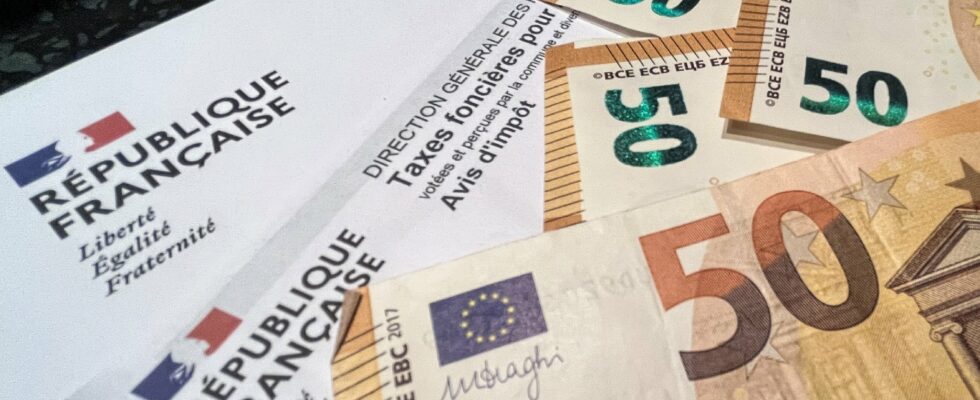The amounts of property taxes paid by owners jumped by 20% on average in France between 2018 and 2023, and by 32.9% since 2013, mainly due to the inflation of rental values according to a report published this Tuesday, October 15.
The property tax observatory, which depends on the National Union of Real Estate Owners (UNPI), calculates these figures from government data over the period 2013-2023 and affirms that owners are subject to an average property tax rate. of 40.36% in 2023, above 40% for the first time.
If this surge is linked to “the abolition of the housing tax on main residences”, which has pushed many municipalities to increase property tax levies, and to “the multiplication of additional taxes”, it is mainly due to the increase in rental values, which serves as the basis for calculating the property tax. The rental value corresponds to the theoretical annual rent level if a property were rented, and its amount is revalued each year to keep up with inflation. Thus, rental values increased by 14.8% on average between 2018 and 2023 and account for three quarters of the increase in property taxes over this period. For the period 2013-2023, rental values represent two thirds of the increase in property tax.
Paris, city most affected by the increase
In detail, Paris displays the largest increase, among the 50 most populous French cities, in its property tax rate in five years (+ 71.6% excluding the household waste removal tax), but its rate remains low (21.15% in 2023) compared to other cities.
Nice, on the other hand, is the only city, among the 50 most populous, to have reduced the property tax rate between 2018 and 2023, by 1.4%. But the Alpes-Maritimes city will catch up in 2024 with a 21.7% increase in the property tax rate.
In 2024, the property tax, which must be paid this month, will increase on average by 4.9% in the 200 largest cities in France, according to tax notices sent by UNPI member owners. For the UNPI, the increase of nearly 33% in property tax in ten years, compared to inflation of 19% and an increase of 7.7% in the INSEE residential rent index, constitutes “unfair tax treatment”. In response, the organization is putting forward five demands aimed at sharing the cost of these local taxes, limiting their increase and encouraging energy renovation work.
